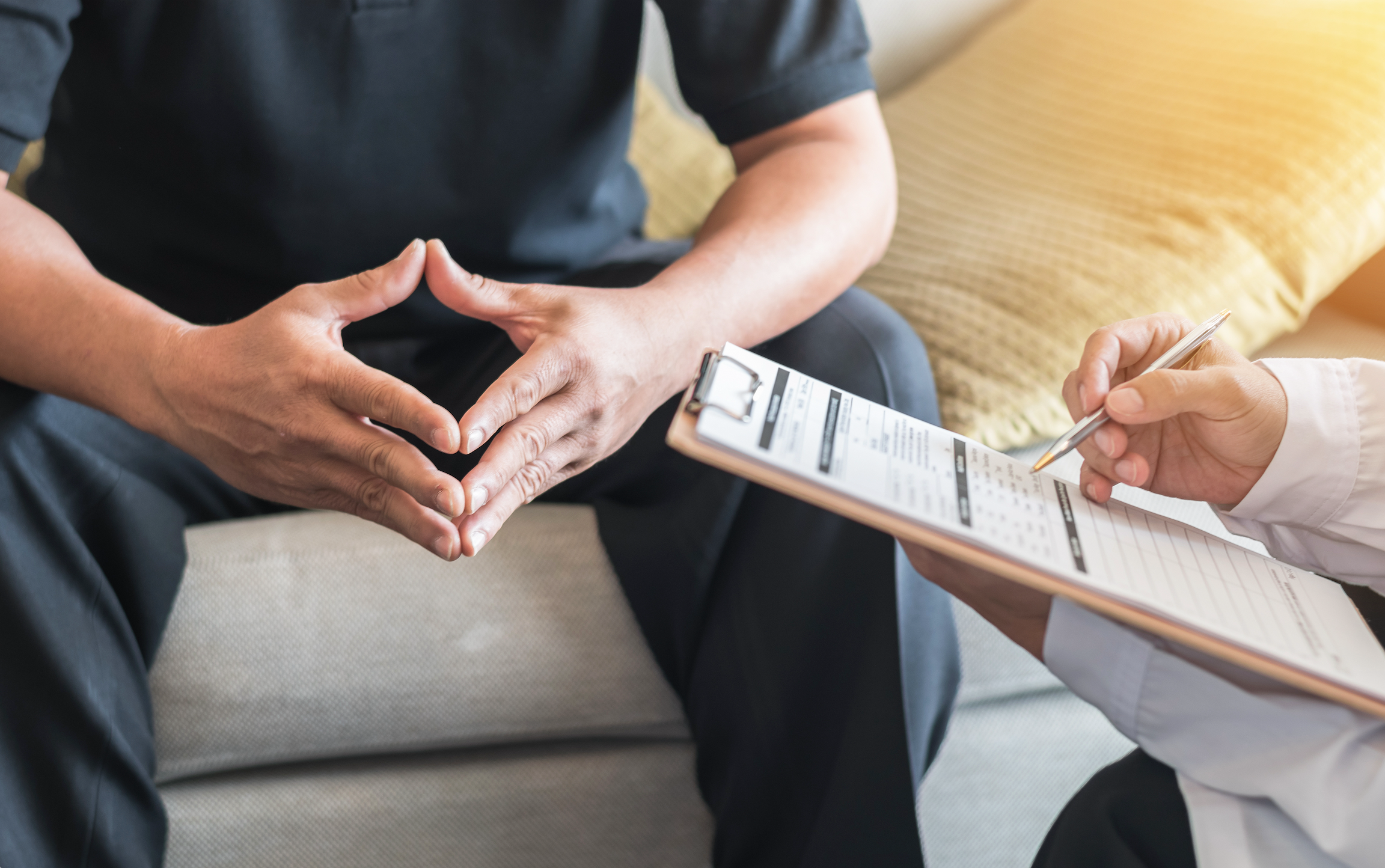Adaptation of mental health first aid guidelines for eating disorders for Iran
The goal of this study by Sayarifard et al. (2024) was to modify mental health first aid protocols in order to better assist Iranians who are either coping with or at risk for eating disorders. The goal was to improve the support available to the Iranian population facing these challenges. Two panels of health professionals (selected based on their qualifications and experience in eating disorder-related field, totaling 37 in the first round and 29 in the second) and individuals with lived experience (individuals who had personal experience with eating disorders or encountered them in their families, totaling 20 in the first round and 18 in the second) were assembled using the Delphi expert consensus approach. Efforts were made to ensure diversity in gender, age, and cultural backgrounds. Using the original English-language Mental Health First Aid recommendations for eating disorders as a basis, both panels assigned a rating to the significance of the things to be included in the guidelines. Panelists were asked to recommend additional things, and items that were accepted by at least 80% of both panels were included. A total of 57 individuals participated in the first round of the survey, while the second round had 47 participants. 174 of the 204 items in 11 categories that were examined in the first round were recommended. Thirteen items were reassessed in the second round, with 17 being rejected. In the first round, panelists suggested eleven additional things; in the second round, 18 of the 24 ideas were approved, while six were turned down. In total, 192 items were included in the final Iranian guidelines. The adaptation process took into account Iran’s social and cultural aspects, such as the stigma surrounding mental health, religious practices like fasting, language differences between English and Farsi, distrust of strangers, the influence of family and friends, food access variations, and low mental health literacy. The study suggests piloting these adapted guidelines in high schools, universities, and NGOs to assess their practical application and effectiveness. Additionally, creating mechanisms for feedback, updating the content with new evidence, and collaborating with media outlets to raise awareness and encourage public involvement is crucial. [NPID: Mental health, first aid, eating disorders, guidelines]
Year: 2024

 Navigation
Navigation







